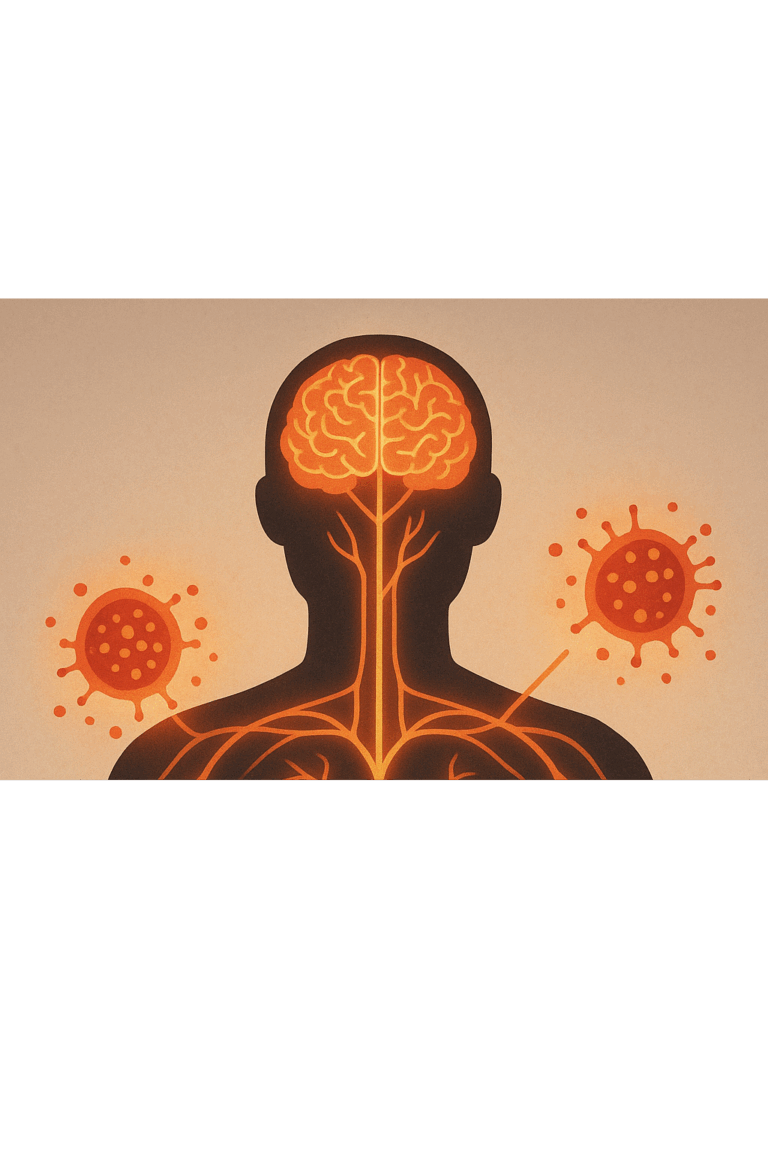- POTS and Exercise: The First Step Everyone Misses - 27 June 2025
- The Missing Link Between Breathlessness, Fatigue, and Chronic Pain: Understanding CO₂ Tolerance - 19 June 2025
- What is Mast Cell Activation Syndrome? - 12 May 2025
Today, we’ve got a fascinating, if somewhat intense, discussion for you, based on a compilation of numerous scientific studies. It’s a topic that feels a bit heavy, and we want to handle it with all the care and respect it deserves. We’ll be exploring the connections between adverse childhood experiences—referred to as ACEs—and the later occurrence of chronic pain in adulthood.
Before we dive in, it’s crucial to clarify that not all chronic pain is associated with past trauma or adverse experiences. Our bodies and experiences are complex, and there are a myriad of reasons why someone might struggle with persistent pain. However, research increasingly suggests that these early life adversities might play a significant role for some individuals.
According to an extensive review of research studies, ACEs like emotional, physical, and sexual abuse were most commonly investigated. The effects of these experiences were noted in association with various forms of chronic pain, including generalised chronic pain, fibromyalgia, and chronic pelvic pain.
Here’s an interesting point: not only do ACEs seem to increase the likelihood of experiencing chronic pain, but they also appear to intensify its severity. The more adversity someone experienced in their early years, the higher the chance they’ll experience chronic pain, and the more likely it is that their pain will persist.
We also noted that several studies suggest a potential mediating role of mental health. Meaning, if someone experienced childhood adversities and currently struggles with poor mental health, they may be more likely to develop and experience more severe chronic pain.
That’s not all, though. The research indicates a couple of intriguing trends:
- An insecure or emotionally deficient environment during childhood seems to be linked with the development of chronic pain later in life.
- Chronic pain might also be related to current life stress, poor body awareness (alexithymia), and a history of emotional neglect.
However, despite all these findings, two studies found no connection between ACEs and chronic pain, showing the breadth and diversity of experiences among individuals with chronic pain.
Let’s break it down a bit further. Even though the discussion is serious, it’s essential to remember that this isn’t about placing blame or generating fear. It’s about empowering individuals with chronic pain with the knowledge and understanding that might lead to healing.
Here at The Fibro Guy Ltd, we understand how vital this information is, which is why we have onboard a dedicated counsellor to provide the emotional and mental support that complements our physical therapies. We believe in a comprehensive approach to handling chronic pain, addressing not just the physical symptoms but also the emotional and psychological aspects.
In conclusion, while the topic might feel overwhelming, it’s essential to remember that each person’s experience with chronic pain is unique. The presence of ACEs doesn’t doom one to a life of pain, nor does the absence of these experiences guarantee a pain-free life. These findings simply offer another piece of the puzzle, another potential path on the journey towards understanding and managing chronic pain.
We hope this post has provided you with some food for thought, and remember, we’re here to support you in your journey to wellness and pain management.
Until next time, take care!
Seren
Enjoyed Our Blog? Why Stop Here?
If you’ve found value in our posts, imagine the impact of a structured, science-backed course tailored specifically for fibromyalgia and its unique challenges. The Full Body Fibro Course is your ultimate starting point for understanding your body, improving mobility, and managing symptoms effectively.





